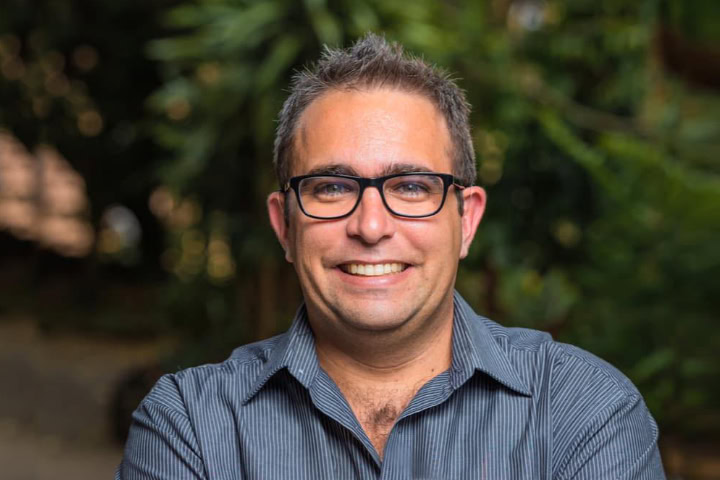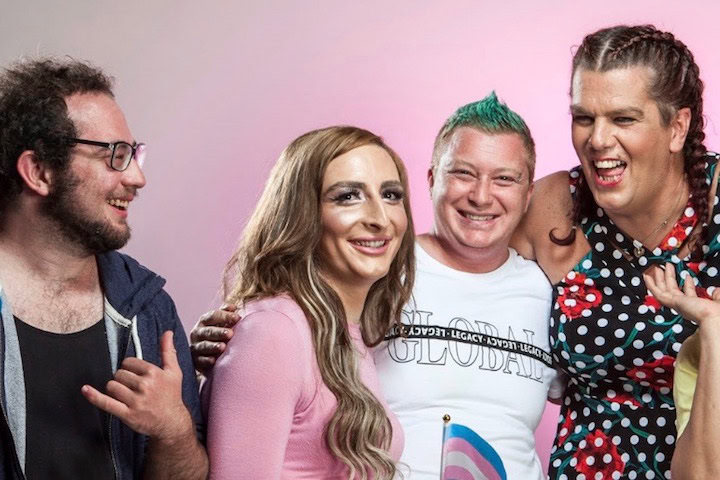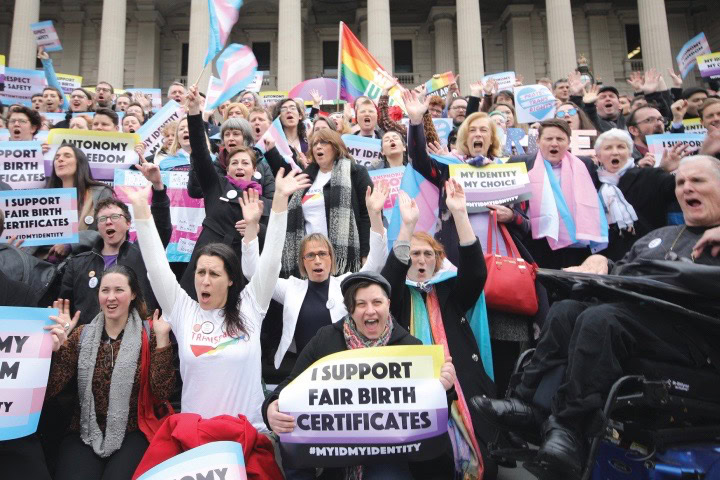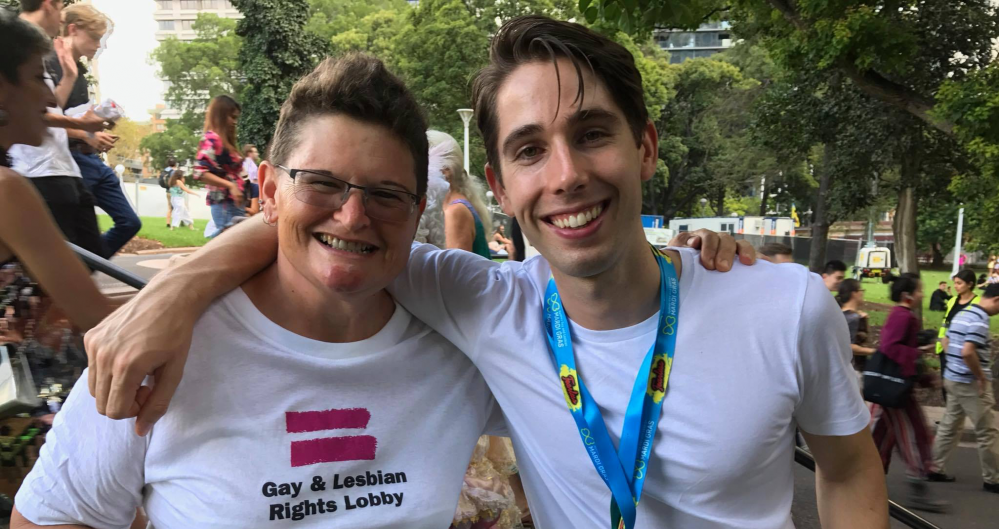
National approach to ART needed
Calls for a national approach to assisted reproductive practices have been broadly welcomed by the GLBT community.
A Senate Legal and Constitutional Affairs Reference Committee report, released last month, has called for the Gillard Government to develop a nationally consistent approach to donor conception regulations, including banning the use of anonymous donors, limiting the number of conceptions per donor and improving access for children born via a donor to retrieve information on donors and siblings.
National LGBTI Health Alliance executive director Gabi Rosenstreich welcomed the key recommendation of the Donor Conception Practices in Australia report that assisted reproductive practice regulations are the same for families across Australia.
“A national approach to any health issue is essential, especially around issues of parenting,” Rosenstreich told the Star Observer.
“I know of people who have literally moved from one state to another in order to conceive, in order to make sure their rights are protected, which is far from helpful in a situation where you actually need to have your friends and family and support systems in place.
“It’s something that no parent or intending parent should need to do.”
Rosenstreich said a national approach is required for fairness.
“We need the government to take into account that we’re here, we exist, and our circumstances need to be addressed in a coherent way.”
The key recommendation in the Senate committee’s report has also been welcomed by Rainbow Families Council Victoria.
Rainbow Families co-convenor Felicity Marlowe said a national approach would help families, particularly when siblings from the same family are born in different states.
“There are so many instances of children, because of the different changes in legislation across the states, of one child being born in one state with different access to information, versus a child born a few years earlier in a different state that has a whole set of different access requirements,” Marlowe told the Star Observer.
“It’s always posed problems.
“Prior to 2010, people were going interstate if they didn’t qualify for accessing a clinic in Victoria. If they want to have subsequent children now, they may very well have different identity release requirements for the donors they’ve used in clinics.”
The Committee also recommended the banning of overseas gamete or embryo donation “except in circumstances where the parties have a particular ethnic background and it is difficult to obtain gametes or embryos”.
In Victoria the use of overseas gametes or embryos is banned. Laws vary from state to state.






